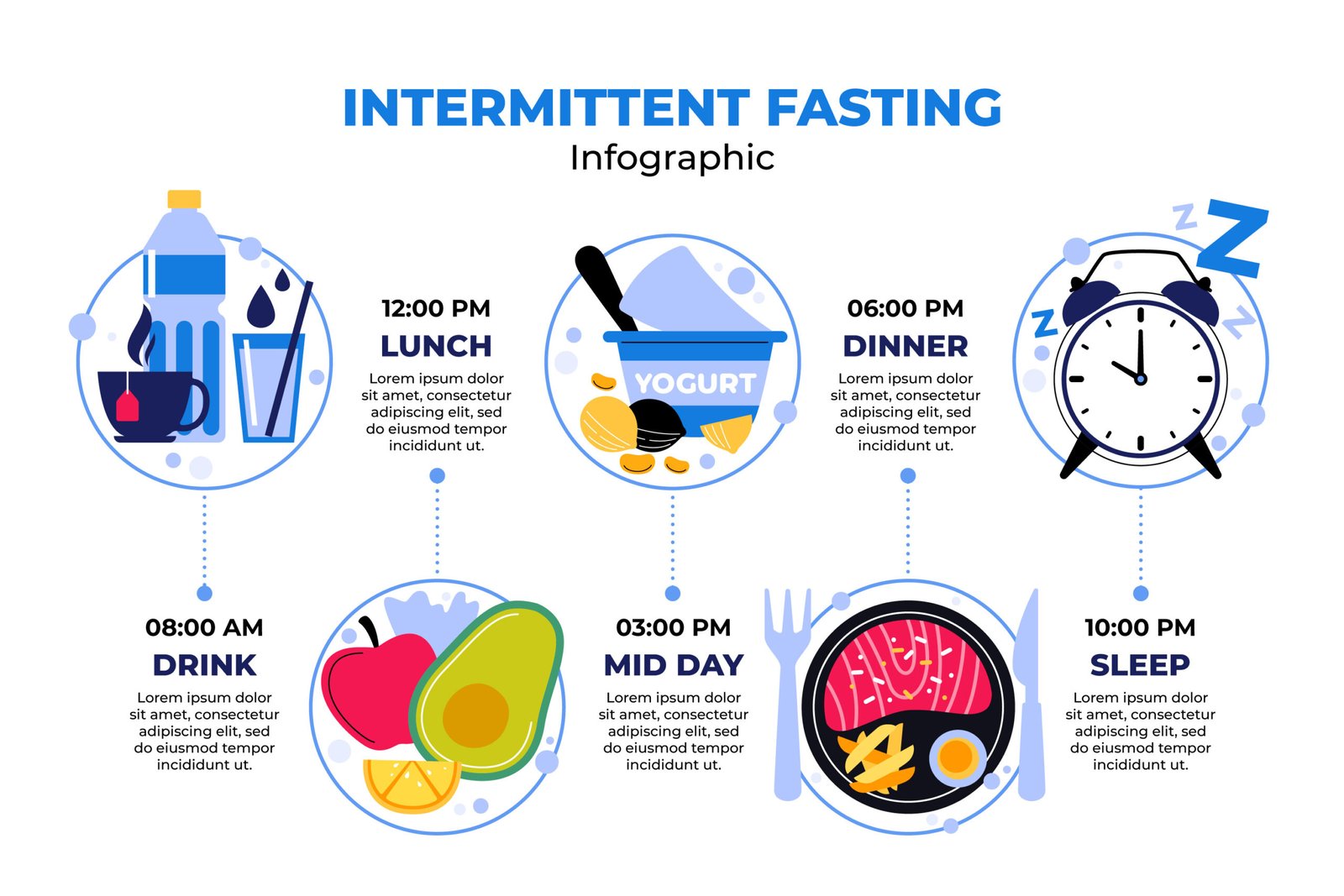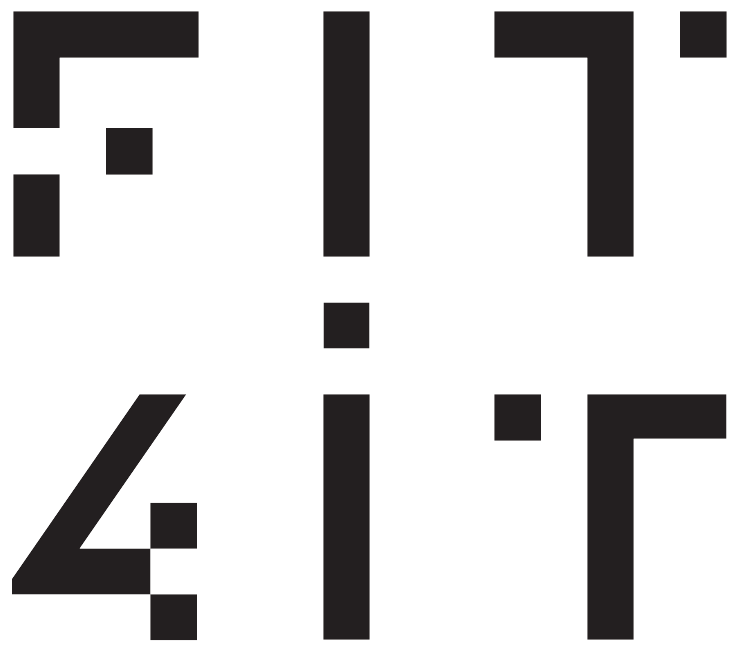Let’s be honest. Modern life doesn’t exactly make healthy living easy. Between late-night emails, client lunches, travel schedules, and that mid-afternoon energy slump, eating right often gets pushed to the backseat. And while many diets promise big results, they rarely stick. Too rigid, too complicated, too unrealistic. That’s where intermittent fasting (IF) comes in.
At FIT4IT, we’ve seen firsthand how intermittent fasting has transformed the routines and results of some of our busiest clients. This isn’t about starving yourself or skipping meals out of guilt. It’s about simplifying the way you eat to give your body time to reset, recover, and thrive.
Let’s have a look at the benefits of intermittent fasting and how it contributes to your good body health.

Many people find it easier to follow than traditional diets because it focuses more on when you eat rather than what you eat.
What Is Intermittent Fasting, Really?
Intermittent fasting is exactly what it sounds like: giving your body regular breaks from eating. No, it doesn’t mean going 24 hours without food. It means creating structured windows during your day or week when you’re eating, and others when you’re not.
The most popular version is the 16:8 method—fast for 16 hours, eat all your meals in the remaining 8. For many, that simply means skipping breakfast and eating from 12 PM to 8 PM. Other approaches include:
- 5:2: Eat normally five days a week, and keep two non-consecutive days at around 500 calories.
- OMAD (One Meal A Day): One big meal a day, and that’s it.
1. You Might Lose Fat Without Even Trying
Let’s face it, most of us snack out of habit, not hunger. IF reduces the time you’re consuming food, which usually means fewer calories without strict rules. You’re not obsessing over macros or counting every almond; you’re just giving your body a smaller eating window and more time to burn stored fat.
We’ve had clients drop stubborn weight they’d battled for years, just by shifting their eating window. No crash diets. No meal replacement shakes. Just structure. For clients working with our personal trainers, pairing intermittent fasting with tailored workouts often leads to even faster, more sustainable results.
2. Your Energy Stops Crashing Midday
Have you ever felt sleepy after lunch or hit a slump at 3 PM that no amount of coffee can fix? That’s often a blood sugar rollercoaster. Intermittent fasting helps stabilise insulin levels, keeping your energy more even throughout the day.
Many FIT4IT clients say they feel clearer, lighter, and more productive, especially in the mornings, when they aren’t constantly digesting food.
3. Your Brain Gets Sharper
Believe it or not, your brain LOVES fasting. When you’re not eating, your body boosts production of a protein called BDNF (brain-derived neurotrophic factor). It supports learning, memory, and mood. This is why so many leaders and entrepreneurs are turning to IF, not just for fat loss, but to stay focused in high-pressure moments.
If you’ve ever fasted through a presentation or creative session and felt unusually alert, now you know why.
4. Your Body Cleans Up After Itself
Here’s the part most people miss: when you fast, your body kicks off a process called autophagy. That’s just a fancy way of saying your cells clean house. They break down old, damaged parts and rebuild fresh, new ones. It’s been linked to reduced risk of Alzheimer’s, cancer, and even better skin and aging.
You’re not just eating less, you’re giving your body a chance to restore itself. That’s huge.
5. Your Inflammation Levels Drop
Chronic inflammation isn’t just a buzzword. It’s behind everything from sore joints to heart disease. IF has been shown to reduce inflammatory markers, helping your body feel less ‘puffy’ and more mobile.
Many of our sedentary desk-bound clients report fewer aches, better sleep, and easier workouts after 4–6 weeks of consistent fasting.
6. It Helps Your Gut (And Your Hormones)
Your digestive system needs rest, too. Constant snacking can confuse your hunger hormones, ghrelin (hunger) and leptin (fullness). By fasting, you allow these hormones to reset. The result? You actually start feeling full after meals again, and not ravenous two hours later.
Plus, many clients report less bloating and better digestion, even without changing what they eat. Many of our clients also work with a life coach to align their fasting habits with broader lifestyle goals, like stress management and better sleep.
Who Should Be Cautious?
Intermittent fasting isn’t for everyone. If you’re pregnant, have a history of eating disorders, or have certain medical conditions, speak to a healthcare provider first. That said, most healthy adults can try a gentle version (like 12:12) without risk.
At FIT4IT, we always start slow and tailor fasting strategies to your routine, especially if you’re training hard or managing stress.
How To Ease Into It (No Cold Turkey Needed)
- Begin with a 12-hour fast (say, 8 PM to 8 AM), then build to 14 or 16 hours over time.
- Hydrate well: water, herbal teas, and black coffee are your best friends.
- Break your fast with a clean meal: protein, good fats, and fibre-rich carbs.
- Don’t binge, as fasting isn’t an excuse to overeat when the window opens.
- Track how you feel. If energy dips, adjust. Fasting should empower, not drain you.
Whether you’re trying to drop fat, think more clearly, or simply get a better handle on your eating habits, IF might be the missing piece. And you don’t have to do it alone.

Benefits of intermittent fasting can include fat loss, improved energy levels, better focus, and reduced inflammation.
At FIT4IT, our coaches help you ease into intermittent fasting with meal guidance, accountability, and routines that fit your calendar. Because wellness shouldn’t feel like another job. It should feel like momentum.
Ready to give your body the break it deserves?
Further Reading & References
- Johns Hopkins Medicine – https://www.hopkinsmedicine.org/health/wellness-and-prevention/intermittent-fasting-what-is-it-and-how-does-it-work
- New England Journal of Medicine – https://www.nejm.org/doi/full/10.1056/NEJMra1905136
- Harvard Health – https://www.health.harvard.edu/blog/intermittent-fasting-surprising-update-2018062914156
- Mayo Clinic – https://www.mayoclinic.org/healthy-lifestyle/nutrition-and-healthy-eating/expert-answers/intermittent-fasting/faq-20441303
- Cleveland Clinic – https://health.clevelandclinic.org/intermittent-fasting-what-is-it-and-does-it-work/
- NIH – https://www.ncbi.nlm.nih.gov/pmc/articles/PMC5783752/
Was this helpful?
Good job! Please give your positive feedback
How could we improve this post? Please Help us.







No Comments